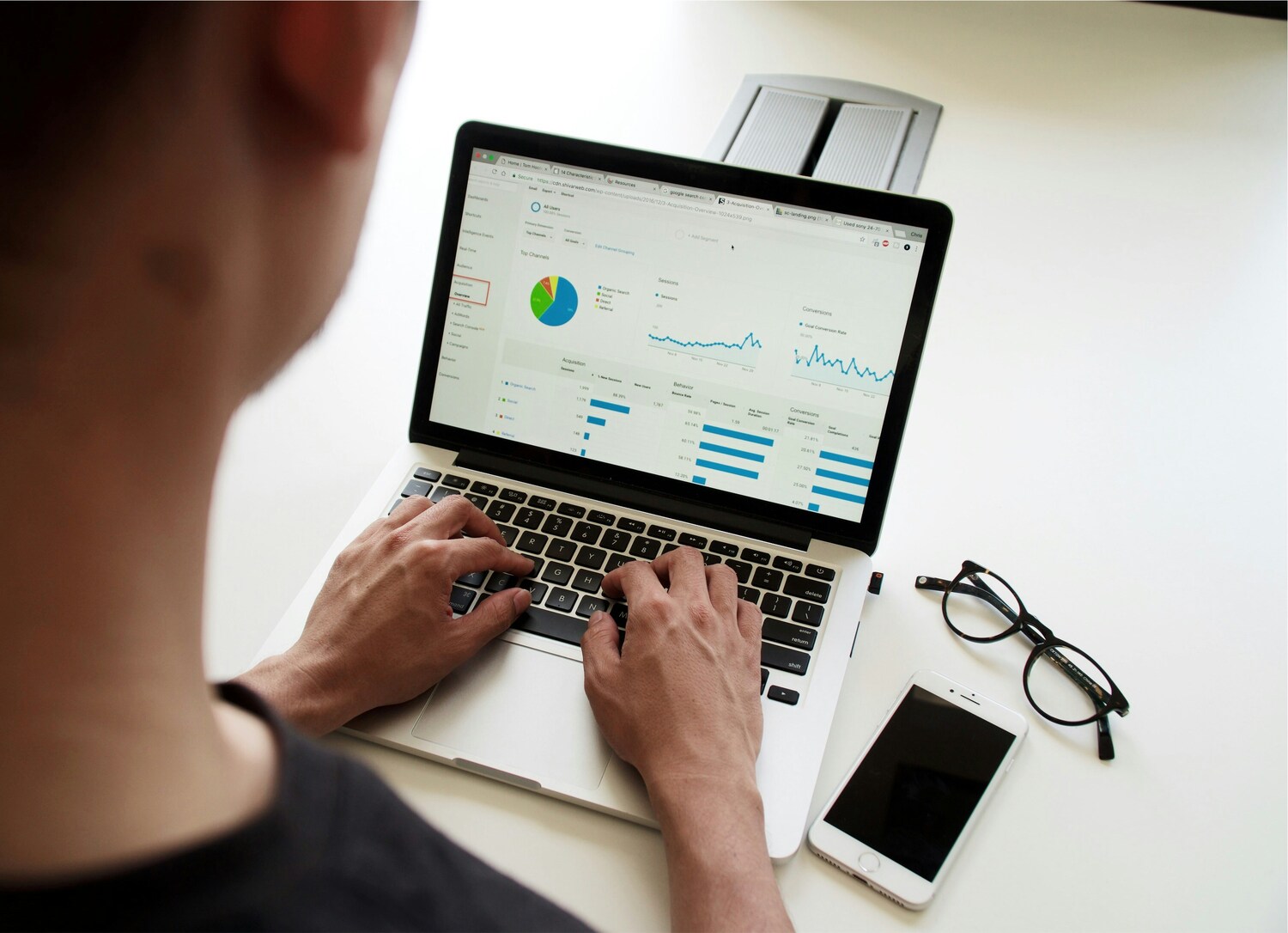In an era where convenience rules, most people don’t realize just how often their personal data is quietly being harvested, packaged, and sold. You might assume that handing over an email address or clicking “I accept” on a terms-of-service agreement is harmless. But in reality, those tiny digital interactions are often just the beginning of a much larger, largely invisible ecosystem—one where your information is a commodity, and you’re the product.
While some data collection is disclosed in the fine print, most consumers have no idea how far their personal details travel, or who’s profiting from them. It’s not just social media and shady apps. Your movements, preferences, shopping habits, and even your health status are for sale, often without your explicit consent.
Here are eight places your personal data is being sold or shared without you even knowing it.
1. Retail Loyalty Programs
You know those “reward” cards that give you a few cents off gas or 10% off your next purchase? They may offer small perks, but they come at a steep price for your privacy. Every item you buy, every aisle you walk down, and even how often you shop becomes part of a detailed consumer profile that is sold to third-party data brokers.
From grocery stores to pharmacies, retailers sell your shopping behavior to marketers, insurers, and analytics firms. That info is then used to target you with ads, adjust pricing, or even assess your creditworthiness. You didn’t just save 50 cents on cereal. You unknowingly gave away your shopping history.
2. Health and Fitness Apps
You might assume your period tracker, meditation app, or fitness monitor keeps your information private. Think again. Many of these apps collect sensitive data, like menstrual cycles, weight, sleep patterns, or heart rate, and sell it to advertisers and data aggregators.
Worse, some health apps aren’t covered under HIPAA, which means they aren’t legally required to protect your data the way a doctor’s office is. That “free” app on your phone might be sharing your most personal health information with marketers, political campaigns, or pharmaceutical companies without your knowledge.
3. Public Wi-Fi Networks
Ever connect to free Wi-Fi at the airport, hotel, or coffee shop? You’re not just surfing the web. You’re handing over personal data. Many public Wi-Fi providers harvest browsing history, device IDs, and location data, which they then monetize.
In some cases, the terms and conditions (which few people read) explicitly allow them to sell this data to advertisers or data brokers. What you thought was a free connection may actually be a surveillance tool.
4. Online Job Applications
Filling out a job application online usually feels straightforward. You enter your name, employment history, education, and sometimes even your Social Security number. But what many don’t realize is that these platforms often partner with third-party data firms to “enrich” your profile, and may share or sell your information in the process.
Even if you don’t get the job, your personal and professional history may now be floating in a digital marketplace, used to create behavioral profiles or target you with specific products and services.
5. Your Smart TV
That sleek new smart TV in your living room might be watching you. Many smart TVs track what you watch, when you watch it, and how long you engage with certain content. This data is often bundled with household demographics and sold to advertisers to better target streaming ads and product placements.
It doesn’t end with viewing history. Some smart TVs also track device IDs and IP addresses, helping to build a cross-platform profile of your behavior, often without your explicit consent or understanding.

6. Credit Reporting Agencies
Most people assume credit bureaus like Experian, Equifax, and TransUnion exist solely to monitor creditworthiness. But these agencies also run massive, profitable side businesses selling marketing lists. These lists include names, addresses, estimated income, home ownership status, and purchase behaviors, and are sold to banks, lenders, insurers, and retailers.
You never opted in. You probably didn’t even know it was happening. But your data helps these companies rake in millions, all while you’re just trying to keep your credit score afloat.
7. DNA Testing Services
At-home DNA kits have exploded in popularity, promising insight into your ancestry and health risks. But buried in the fine print of many of these services are clauses allowing the company to share or sell your genetic information to third parties, including pharmaceutical companies and research firms.
Some companies anonymize your data. Others do not. And once your genetic blueprint is out there, there’s no getting it back. You may have thought you were learning about your great-grandparents, but you might have unknowingly handed over the most intimate data of all: your DNA.
8. Mobile Games and “Free” Apps
That silly game you downloaded to kill time? It might be selling more than just in-game ads. Many free apps collect extensive user data, including geolocation, contact lists, app usage habits, and even microphone activity. That data is then sold to third-party advertisers, app analytics firms, and, in some cases, political campaigns.
The worst part? Children’s games are often the most invasive, leading to legal action and fines for apps that track minors’ data without parental consent. What looks like harmless fun is often a thinly veiled data extraction tool.
You Don’t Own Your Data…Yet
The reality is this: your personal information has become a multi-billion-dollar industry. And while some companies have begun offering opt-outs or data transparency tools, the vast majority of data harvesting happens quietly, deep inside fine print, vague permissions, and intentionally confusing privacy policies. You may not realize who’s profiting off you, but rest assured: someone is.
Even as awareness grows, the burden still falls largely on individuals to protect themselves. But with increasing public scrutiny, there’s a growing push for stronger legislation and real accountability in the data economy.
How to Protect Yourself from Hidden Data Sales
While it’s almost impossible to completely shield yourself from all data tracking, there are concrete steps you can take to limit your exposure:
-
Use privacy-focused browsers like Brave or Firefox.
-
Install tracker blockers and privacy extensions.
-
Read app permissions before installing anything.
-
Use a VPN, especially on public Wi-Fi.
-
Opt out of data brokers like Acxiom and Experian when possible.
-
Avoid unnecessary DNA testing, or read the full privacy policy before submitting.
-
Say no to loyalty cards or use aliases if they’re required.
Most importantly, stay skeptical. If a product is free, you are the product.
Your Data Is Being Sold Without Your Knowledge or Consent
The digital world offers convenience, but that convenience comes at a price—your privacy. Every time you click, swipe, or tap, you leave behind traces of yourself that others are eager to monetize. From your shopping habits to your genetics, from your Wi-Fi logins to your job applications, your personal information is being quietly traded behind the scenes.
Understanding where and how this happens is the first step toward reclaiming your digital identity. Because in a world where privacy is optional, knowledge is your best defense.
Have you ever found out your data was shared without your permission? How did you respond? Share your story in the comments.
Read More:
8 Times Government Agencies Sold Your Data Without Telling You
8 Public Services That Are Quietly Becoming Paid-Only
Read the full article here
















